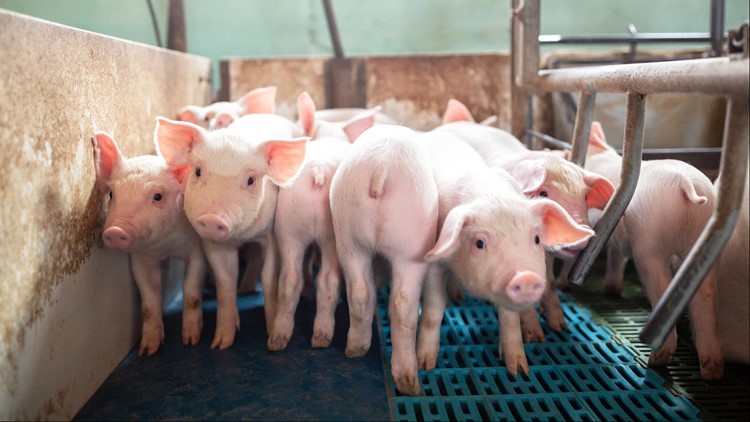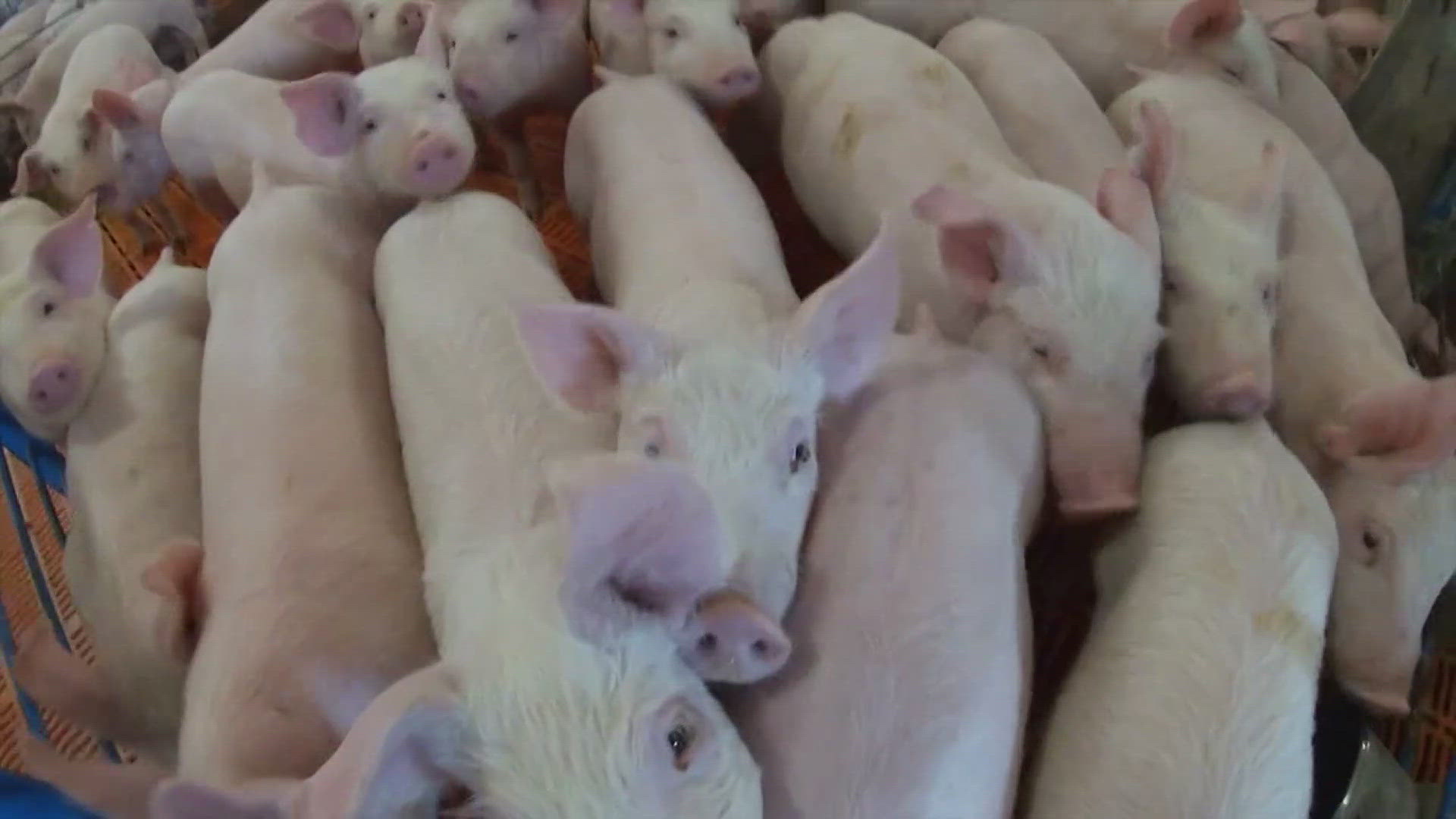MOLINE, Ill. — The Animal Legal Defense Fund's 2021 U.S. State Animal Protection Laws Rankings Report assessed the strengths and weaknesses of the laws in each state and territory.
According to Animal Legal Defense Fund, the annual rankings are based on a comprehensive review of each jurisdiction’s laws. The goal of the report was to identify weak points in states' animal protection policies and highlight strong models that could be followed to address those weaknesses.
The report cited the main nationwide trends in 2020 to be cross-reporting, or laws requiring reporting between various animal and human welfare organizations; veterinary reporting, or laws requiring vets to report suspected cruelty and/or giving them civil immunity for reporting in good faith; and increased requirements for humane officer certification, which allow humane societies to enforce animal protection laws.
Strongest animal protections
The report found the top five states in the U.S. for the strong animal protection laws were:
- Maine.
- Illinois.
- Oregon.
- Colorado.
- Rhode Island.
According to the 2021 report, Illinois' strengths in terms of protections for animals include having felony penalties for cruelty, neglect, fighting, abandonment and sexual assault; an inclusive definition of "animal"; increased penalties for repeat animal abusers; court-ordered restriction on future ownership or forfeiture of animals; mandatory counseling for certain offenders; and the right of law enforcement to rescue animals from hot cars.
The report also potential improvements to be made in the No. 2 state, including adopting protections like stronger felony provisions for neglect and abandonment, mandatory forfeiture of all animals upon conviction, court calendar priority when animals are in custody and immunity for civilians that rescue animals from hot cars.
Weakest animal protections
The report listed the five states with the weakest protection laws as:
- New Mexico.
- Idaho.
- Mississippi.
- Alabama.
- Utah.
Iowa came in the bottom tier at No. 41. According to the Animal Legal Defense Fund, Iowa has no felony provisions for first-time cruelty to animals except in cases of fighting, social services providers aren't required to report suspected animal abuse and there is a limited definition of "animal."
In June 2019, Iowa Gov. Kim Reynolds signed a law designed to criminalize investigations into animal treatment on livestock farms, making the work of animal rights activists more difficult. Under the law, the first offense of trespassing at a food operation was elevated to an aggravated misdemeanor and a second offense was raised to a Class D felony - penalties far harsher than trespassing elsewhere.
A year later, however, the Iowa House and Senate passed the Community and Pet Protection Act, which boosted animal protections across the state. Among the changes, the act increased penalties for animal abuse and neglect, removed the owner exemption for pet abuse, corrects language that allows punishment of those who torture a pet, clarifies the standard of care for pets and requires mental health evaluations in many cases of animal cruelty, according to the Iowa Pet Alliance.
There's still a long way to go in terms of animal welfare rights nationwide. Although some states had weaker laws than others, the report said even its No. 1 state, Maine, had room for improvement. Adapting policies like requiring convicted offenders to pay restitutions for the cost of caring for seized animals and mandatory post-conviction forfeiture of animals in all animal cruelty crimes would provide the most protection for animals across the U.S.



